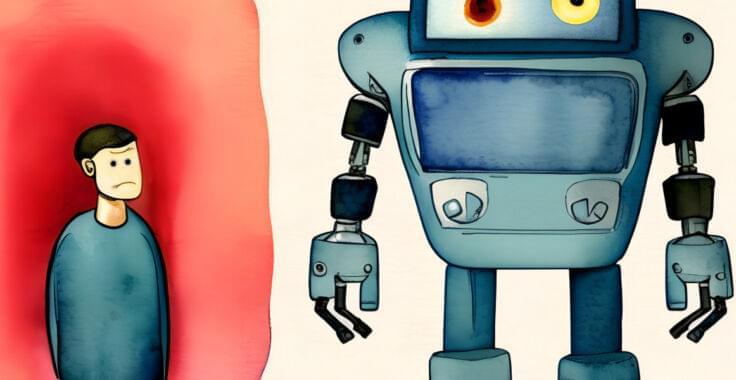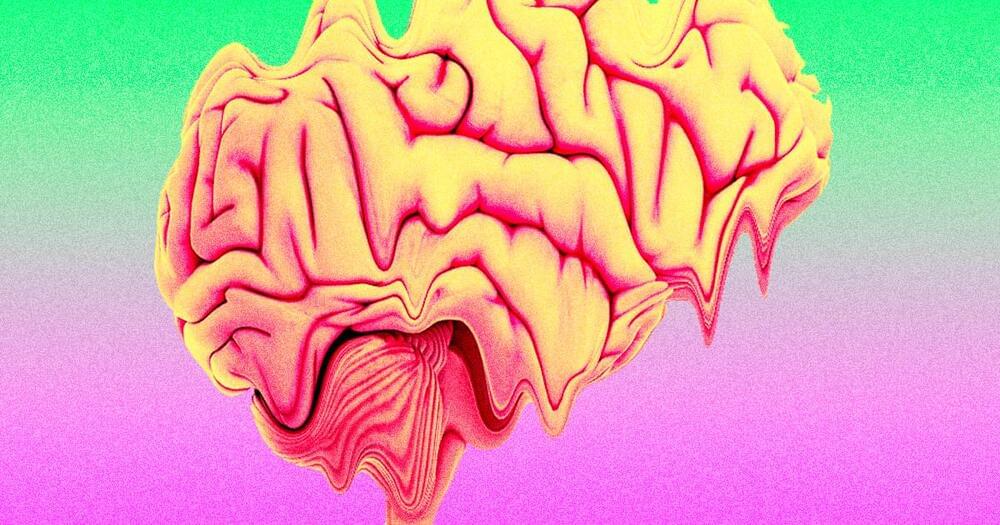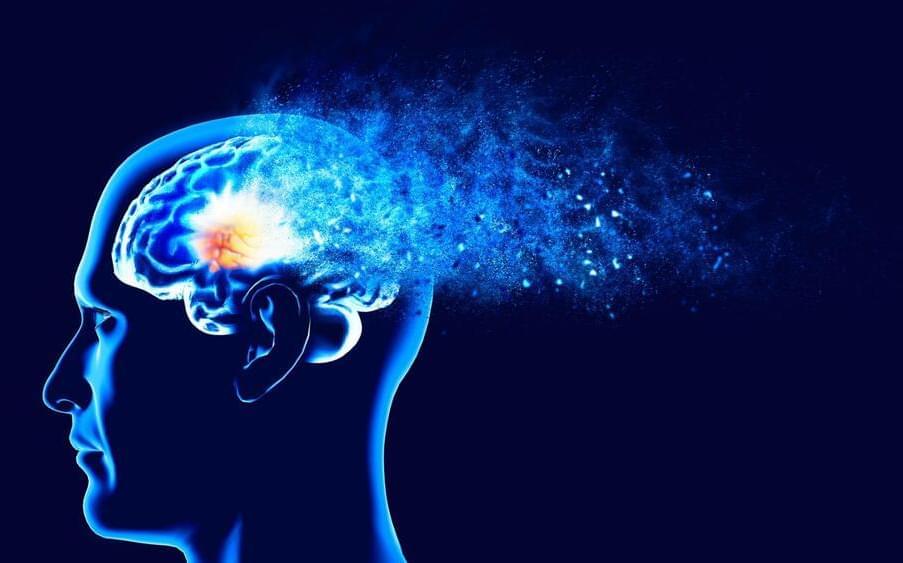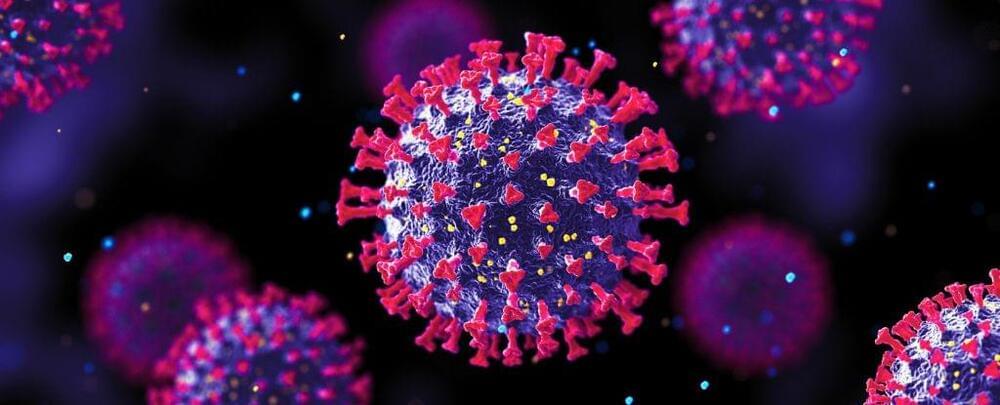Some parents see “sleep training” as the key to a good night’s rest. Others argue that it’s distressing for babies. What do scientists say about its risks and benefits?


Low muscle mass has been linked to cognitive decline with scientists suggesting that measuring muscle mass can help to identify people more at risk of dementia.
A recent study of US adults over 50 found that those who owned a pet for more than five years scored better on cognitive memory tests than those living witho…

Just published from my son.
Automatic hippocampus imaging, with about 20 minutes of cloud computing per scan.
Like neocortical structures, the archicortical hippocampus differs in its folding patterns across individuals. Here, we present an automated and robust BIDS-App, HippUnfold, for defining and indexing individual-specific hippocampal folding in MRI, analogous to popular tools used in neocortical reconstruction. Such tailoring is critical for inter-individual alignment, with topology serving as the basis for homology. This topological framework enables qualitatively new analyses of morphological and laminar structure in the hippocampus or its subfields. It is critical for refining current neuroimaging analyses at a meso-as well as micro-scale. HippUnfold uses state-of-the-art deep learning combined with previously developed topological constraints to generate uniquely folded surfaces to fit a given subject’s hippocampal conformation. It is designed to work with commonly employed sub-millimetric MRI acquisitions, with possible extension to microscopic resolution. In this paper, we describe the power of HippUnfold in feature extraction, and highlight its unique value compared to several extant hippocampal subfield analysis methods.
Keywords: Brain Imaging Data Standards; computational anatomy; deep learning; hippocampal subfields; hippocampus; human; image segmentation; magnetic resonance imaging; neuroscience.
© 2022, DeKraker et al.

On Friday, Koko co-founder Rob Morris announced on Twitter that his company ran an experiment to provide AI-written mental health counseling for 4,000 people without informing them first, The Verge reports. Critics have called the experiment deeply unethical because Koko did not obtain informed consent from people seeking counseling.
On Discord, users sign into the Koko Cares server and send direct messages to a Koko bot that asks several multiple-choice questions (e.g., “What’s the darkest thought you have about this?”). It then shares a person’s concerns—written as a few sentences of text—anonymously with someone else on the server who can reply anonymously with a short message of their own.

Insightfulness might play a critical role in the ability to assess the accuracy of information, according to new research published in the journal Thinking & Reasoning. The study found that people with greater insight-based problem solving skills were less likely to fall for fake news.
With rise of the internet and social media, susceptibility to misinformation has become of increasing concern. The authors of the new research sought to better understand the cognitive mechanisms associated with believing in misinformation. They were particularly interested in the role of insight-based problem solving.
“I’m a neuroscientist and study the neural correlates of creativity and idea generation, specifically how we generate ideas accompanied by ‘Aha! moments’ i.e., insights,” said study author Carola Salvi, a professor at the John Cabot University of Rome and an associate faculty member at the University of Texas at Austin. “In this study, we investigated the relationship between insightfulness and aspects of social reasoning, such as believing in fake news, overclaiming, and bullshit.”

It’s no secret that social media use can change adult brain anatomy, but a new study suggests that it may impact the developing brains of adolescents in profound ways as well.
Researchers from the University of North Carolina have found, in one of the first studies of its kind, that habitually checking social feeds may change the ways early adolescents process social rewards and punishments — changes concrete enough that they can be seen as distinct and divergent neural pathways in brain scans.
Published in the Journal of the American Medical Association Pediatrics, the paper found significant changes to the amygdala, the bit of grey matter in the brain associated with memory and emotions, in the brains of the 169 tween study participants from a rural North Carolina middle school.

Some health conditions associated with appeared early and consistently long before diagnosis, while others became significant much later, a cohort study suggested.
For people with a subsequent diagnosis of Alzheimer’s disease, the earliest and most consistent associations at all time points over a 15-year span included depression, erectile dysfunction, gait abnormalities, hearing loss, and nervous and musculoskeletal symptoms, reported Lori Beason-Held, PhD, of the National Institute on Aging in Baltimore, and co-authors.
For those eventually diagnosed with vascular, the earliest and most consistent associations across 13 years were an abnormal electrocardiogram (EKG), cardiac dysrhythmias, cerebrovascular disease, non-epithelial skin cancer, depression, and hearing loss, the researchers reported in Annals of Neurology.

Naeblys/iStock.
Also known as lecanemab, Leqembi is the second drug of its kind – a medication that has been approved for treating Alzheimer’s disease. This type of medication targets the fundamental pathophysiology of the disease and is considered a significant development in the effort to successfully treat Alzheimer’s disease.

COVID-19 is defined as a respiratory infection, but the effects of the novel coronavirus are certainly not confined to any one organ.
Dozens of recent autopsies show persistent evidence of SARS-CoV-2 throughout the body, including in the lungs, the heart, the spleen, the kidneys, the liver, the colon, the thorax, muscles, nerves, the reproductive tract, the eye, and the brain.
In one particular autopsy, remnants of the novel coronavirus were found in the brain of a deceased patient 230 days after they first started showing symptoms.